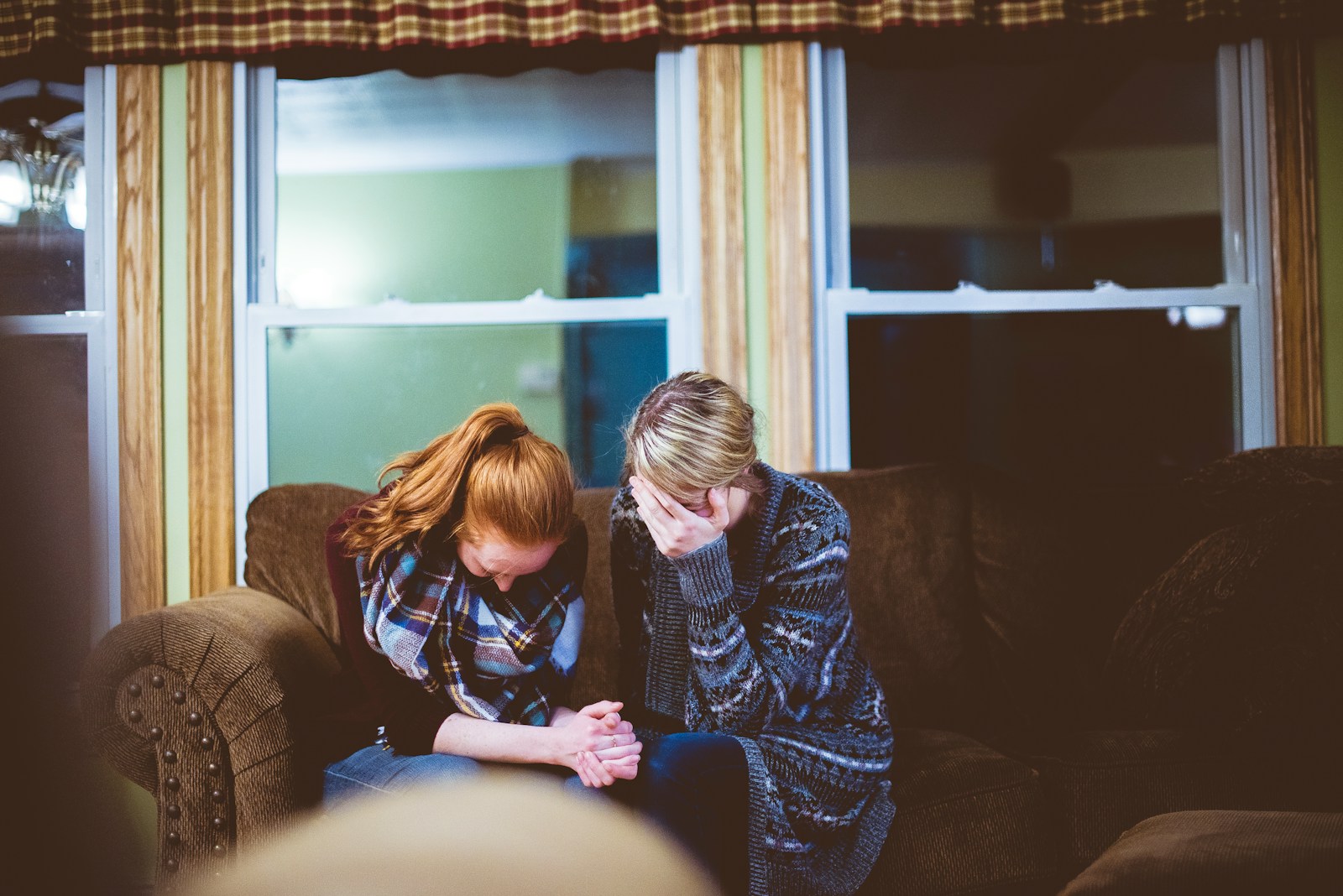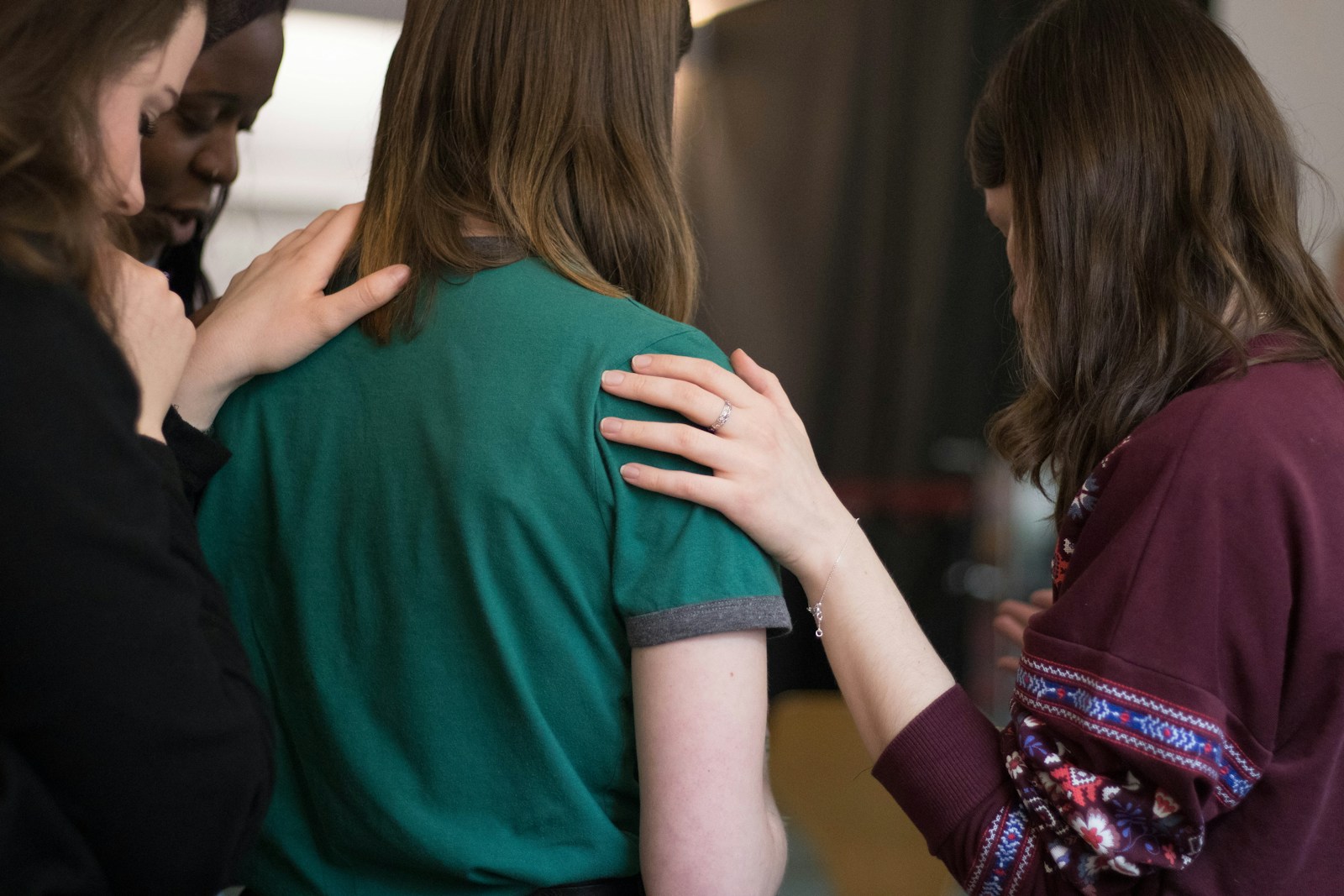No one deserves to be abused and no child should have to witness domestic violence against a parent. Our hope is that if you are being abused, you will be able to find a way to protect yourself and your children. This page offers tips on safeguarding your children’s physical and emotional health while still in an abusive relationship as well as legal and other considerations if you plan to leave the abuser.
What to tell your children
Create a plan with your children for when violence happens. You can explain to them that it is important not to talk to the abuser about what you are discussing. However, plan ahead for what you will do if your children tell your partner about your safety plan or if your partner finds out about your plan some other way.
Regarding the abuse:
-
- Make sure they know that their first priority is to stay safe, not to physically protect you. Explain that although they may want to get in between you and the abuser or try to physically restrain the abuser, that may get them hurt.
- Tell your children that violence is never right, even when someone they love is being violent.
- Tell them that the violence isn’t their fault or your fault.
- Tell them that when anyone is being violent, it is important to keep safe.
Regarding whether or not they should leave the house and/or call for help:
-
-
- If you believe your children would be able to leave the house safely on their own to get help, discuss with them possible places where they could go and make a plan for what they would say/do when they get there. Decide on a code word that you can use during a violent incident that would let them know to leave the house and get help.
- If leaving the house would not be possible (based on their age, where your house is located, or for other reasons), identify a safe place for them to go within the house. If they are old enough to call for help, and you would like for them to call 911 when the abuse is occurring, practice calling 911 with a phone that is not connected. You may even want to role play being the 911 operator so they can practice what they would say. If they would be too young to call for help or if it wouldn’t be safe for them to do so, talk through what they should do when they are in the “safe place” in your home. For example, with younger children, you may want to identify something that they can think about when they are scared.
-
During the violence
- The abuser may have patterns to his/her abuse. Try to be aware of any signs that show s/he is about to become violent so that you can assess how dangerous the situation may be for you and your children.
- If it looks like violence may happen, try to remove yourself and your children from the situation before the violence begins, if you can.
- If the abuser does start to harm you, try not to run to where the children are; the abuser may hurt them too (either unintentionally or intentionally).
Getting to safety
- If you have a car, make a habit of backing the car into the driveway (so you can quickly pull out) and having a full tank of gas. Keep your car keys in the same place so you can easily grab them or get a copy of the car keys made and keep those in a place hidden from the abuser. If you have children who need a car seat, make sure the car seats are always kept in the car. If your car is parked in your garage, you may consider keeping the driver’s door unlocked and the door that the children would use to enter the car unlocked (but lock the other car doors) so that you are prepared to make a quick escape with your children if you have to.
- If you do not have a car, consider creating a code word with a neighbor or a loved one who has a car that would signal to the person that you need to be picked up immediately. If that is not an option, think through other transportation options. You may want to keep the local taxi service phone number in your phone. Or perhaps you can keep the schedule for public transportation in your wallet along with the proper fare. (For example, if the local bus requires quarters, keep them on hand.)
- If you want to talk to an advocate to help make a plan to escape, consider asking a trusted friend, family member, or babysitter to watch your children so you don’t have to bring them with you and risk having them tell the abuser where you went.
- Keep a copy of important papers, such as your and your children’s birth certificates, passports, immigration papers, and Social Security cards, in a safe place in case you have to leave in a hurry. Think through whether it would be most secure to keep them in your car, in your purse or wallet, with a trusted family member, or somewhere else.
- Practice different ways to get out of your house safely. Practice with your children as well.
- Get a bag together that you can easily grab when you leave that includes your children’s important paperwork, medication, and a change of clothing. If your children have a favorite stuffed animal or toy, consider buying the same animal or toy to keep in your bag. Think about whether it’s best to keep this bag somewhere hidden in your home or at the home of a trusted friend or family member.
Legal considerations when taking your children with you
You may decide that you need to leave the home that you share with the abuser to keep you and your children safe. Or perhaps you do not live with the abuser but you still want to relocate with your children to stay safe. Whether or not you go to a shelter, to a family member’s home, or to a place of your own, here are a few things to consider:
- If you have children with the abuser, and you are hoping to leave the state with them, move them far away within the same state, or hide them from the abuser, it is generally best to talk to a lawyer who specializes in domestic violence and custody issues beforehand to make sure that you would not be violating any criminal parental kidnapping laws. It is important to know that some parental kidnapping/custodial interference laws make it illegal to withhold access to the children or to hide the location of the children even within the same state. While some states make this behavior illegal only if there is a custody order being violated, other state laws do not require a custody order. In some states, if a parent is fleeing with the children or withholding the children’s location due to domestic violence, this may be a valid defense to the crime but that will depend on the state, and the exact language of the law – this is why it is best to get advice from a knowledgeable lawyer first whenever possible.
- If you are considering leaving the home you share with the abuser without your children, or you plan to relocate but let the abuser care for the children, please talk to a lawyer who specializes in custody before doing this. Leaving your children in the care and custody of an abuser may negatively affect your chances of getting custody of them in court later on.
Supporting your children
- Assure them that the abuse is not their fault and check in with them about how they are doing, what they are concerned about, and what you can do to help.
- Listen to your children when they are ready to talk. Whenever possible, let them express themselves/communicate their feelings without getting defensive. However, be supportive even if they are not ready to talk to you about their feelings. Sometimes just being with a child can be as valuable as engaging them in a conversation. Remember that seeing a parent in danger can be very scary for a child even if violence and abuse was “normal” in their lives. They might not understand their own feelings or not have the words to express them. Children may feel confused by what they’ve seen and conflicted when it comes to their feelings about both parents. It is possible that your children will “act out” or be angry with you or the abuser, or they may internalize feelings and “act in” to try and minimize stress in the family. These are normal reactions for children to have. It is important to empathize with your children and try to understand their behaviors before reacting to them.
- It is also important for you to look for support and information that can help you know how to deal with your children’s feelings and behaviors. Children have an innate (inborn) capacity for resilience and parents can often help nourish this resilience by modeling healthy coping strategies themselves. Your local domestic violence programs may have a support group for parents where you can learn strategies for coping with your own trauma, support groups for children, or other alternatives. You have to take care of yourself emotionally to be able to better help your children. If you have close family members or friends, maybe they would be willing to look after the children so you have some time to process your own emotions. You may want to seek professional advice from a therapist who is knowledgeable about domestic violence and its effects on children to learn how you can best support and help your children.
- Think of ways to help your children to reduce stress and build positive coping skills. You may ask them if certain activities such as spending time with friends, playing sports, or creating art help them to feel calm and give them options to do these activities when possible. Again, seeking professional advice can be helpful. Reading with your children can be another way to help them process what they are going through. There are many helpful children’s books that parents can explore that can encourage the processing of feelings and behaviors after trauma. Asking your local librarian for recommendations can be the first step.
- Connect them with resources, such as a counselor, a children’s support group, an art therapy program, equine therapy, or any other locally available programs that specialize in helping children heal from trauma.
- Consistency is also extremely important for a child. Especially if they have recently experienced a change in their living situation, their school, or in other parts of their lives, you can think about ways to increase predictability in your children’s lives. This can help alleviate anxiety, promote stability and help children regain a sense of control that may have been lost during the abuse. For example, explaining what is going to happen and following through are very important to children’s sense of security and safety.







